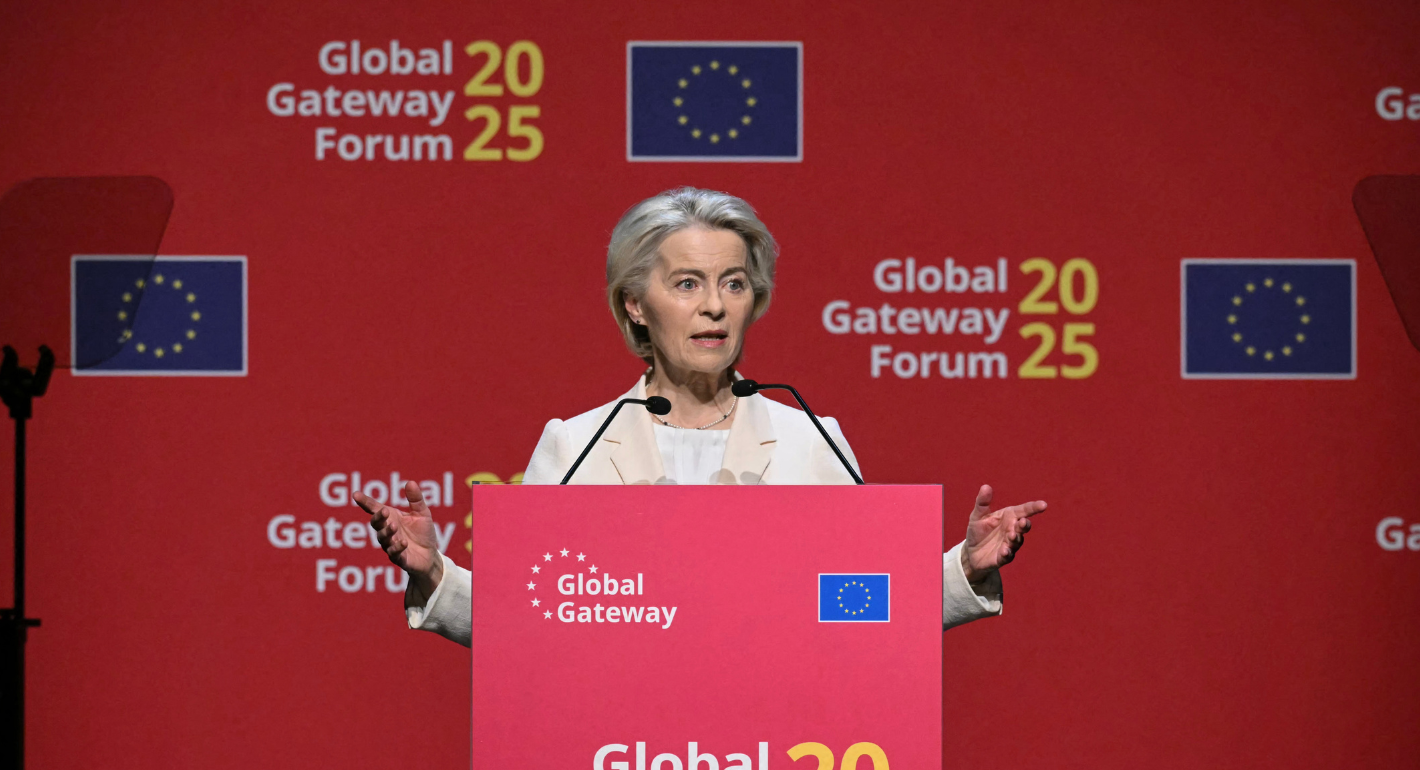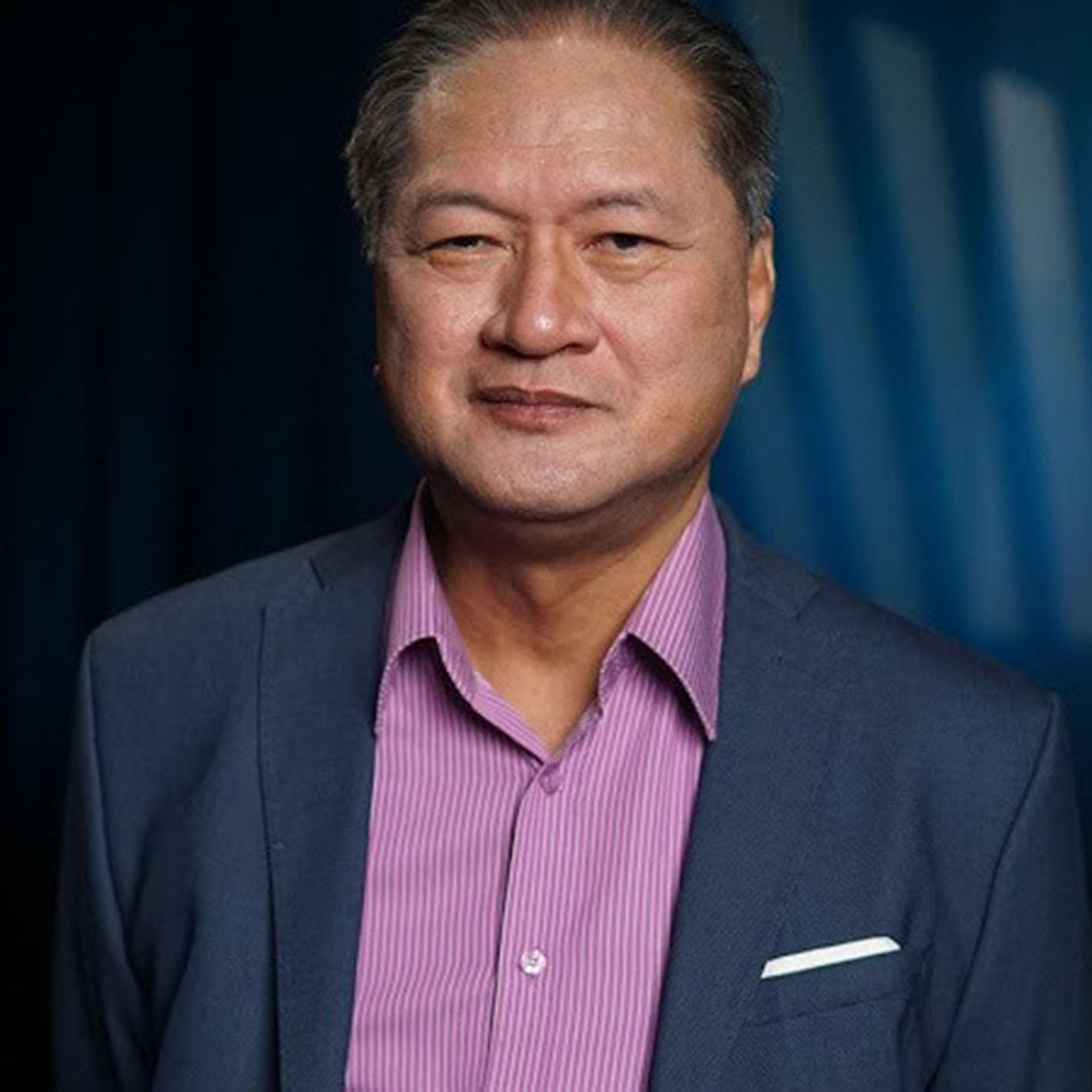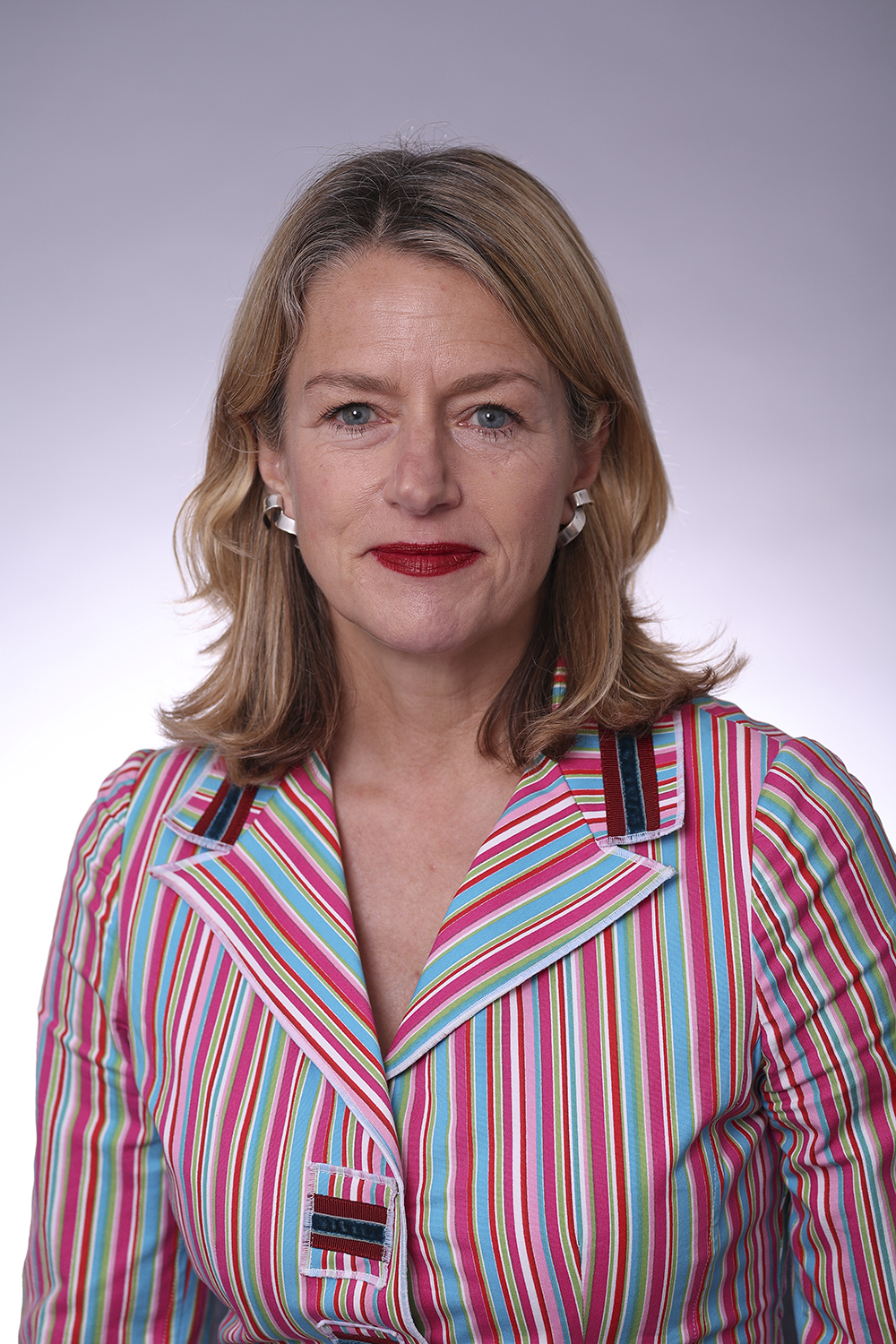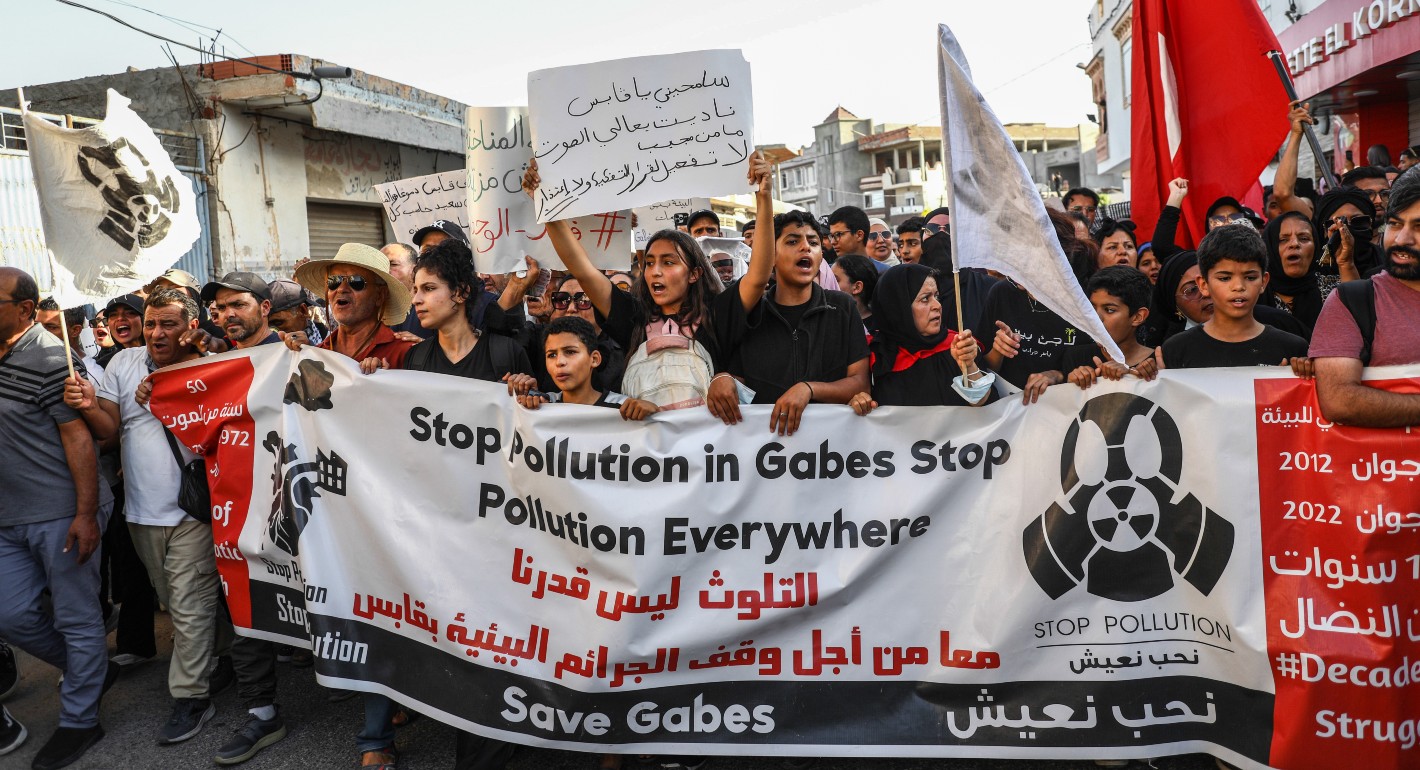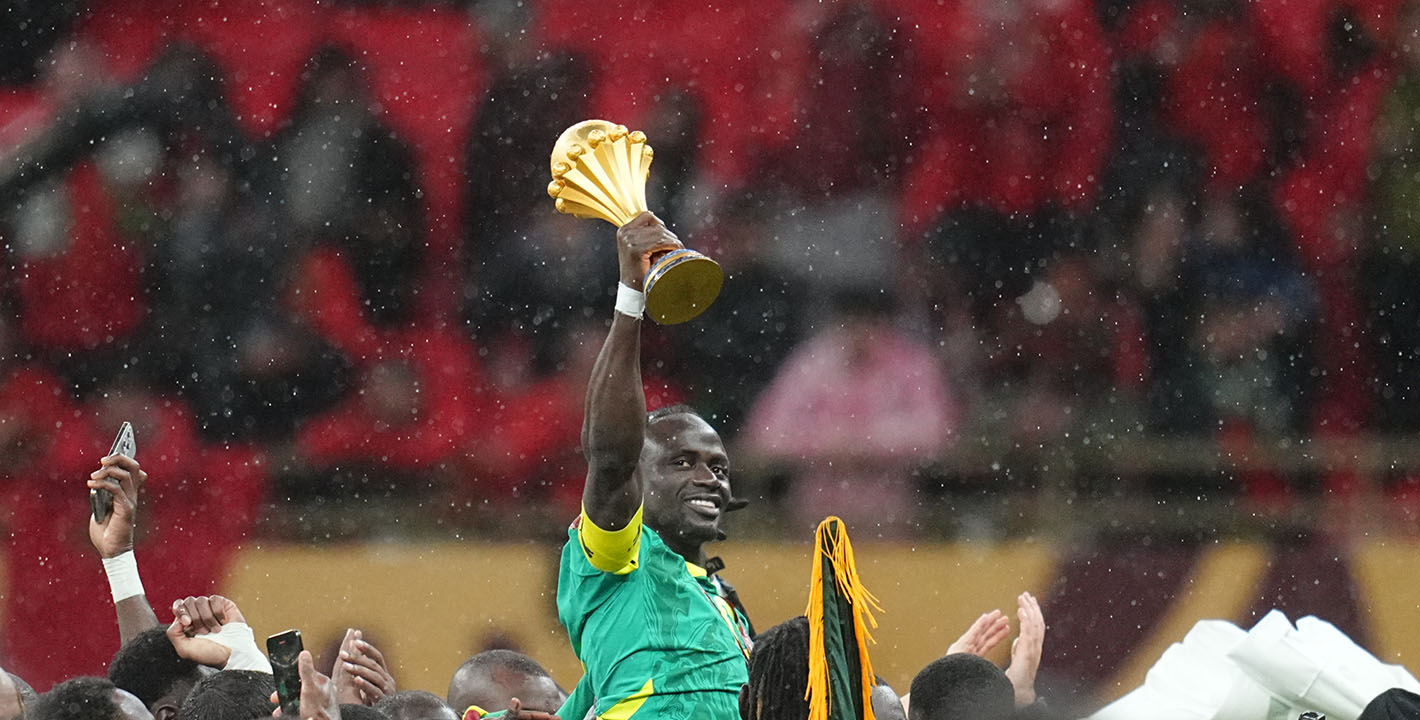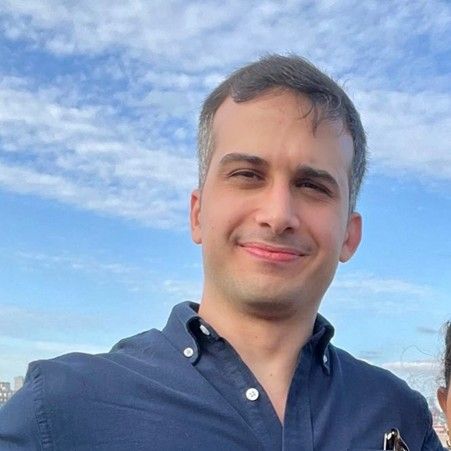In competition with China’s Belt and Road Initiative, the Global Gateway strategy needs to find an edge. To better promote its interests through investment, the EU’s offer must become more coherent, transparent, and accountable.
{
"authors": [
"Marta Martinelli"
],
"type": "commentary",
"centerAffiliationAll": "",
"centers": [
"Carnegie Endowment for International Peace",
"Carnegie Europe"
],
"englishNewsletterAll": "",
"nonEnglishNewsletterAll": "",
"primaryCenter": "Carnegie Europe",
"programAffiliation": "",
"programs": [],
"projects": [],
"regions": [
"Europe",
"North Africa",
"Southern, Eastern, and Western Africa"
],
"topics": [
"EU",
"Foreign Policy",
"Trade"
]
}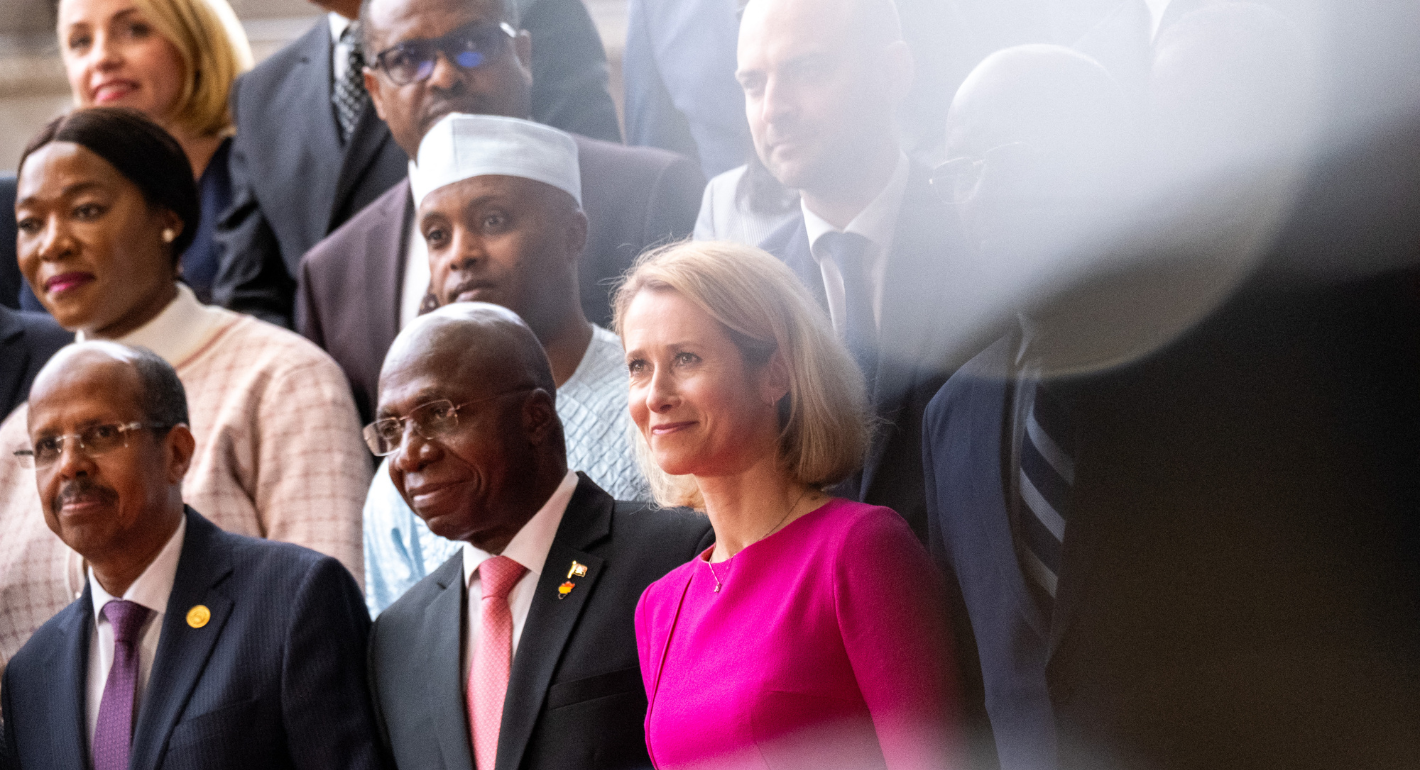
Source: Getty
Can Europe and Africa Mend Fences?
Despite the strategic importance of relations between the EU and the African Union, deep divisions remain between the blocs. At their upcoming summit, both partners should strive to build a mutually beneficial cooperation.
On November 24–25, African and European leaders will meet in Angola for the seventh summit between the EU and the African Union (AU). The last such event took place days before Russia’s invasion of Ukraine in February 2022. A lot has changed in Africa, Europe, and the world since then, and this summit comes at a pivotal time.
Although both continents recognize each other’s strategic importance, events in recent years have highlighted deep divisions, and at times the relationship resembles a dialogue of the deaf that glosses over the toughest issues. Both sides should seize the opportunity of the November meeting to address unspoken grievances, reset their relationship to one grounded in mutual respect, and acknowledge each partner’s added value.
Africa’s Dynamism
On the summit’s agenda are the usual suspects: peace and security, regional integration, trade, multilateralism, green development, digitization, migration, mobility, and economic development. Yet, the actors around the table are different from three and a half years ago. What is more, since the COVID-19 pandemic and the EU’s widely divergent handling of the crises in Ukraine and Palestine, the union’s political status in Africa has seriously deteriorated, and Africans are no longer content to sit at the margins of global politics.
Africa’s changing role as a site of geopolitical competition and innovation highlights the failure of the EU’s existing policy frameworks to relate effectively to the continent as an actor. Meanwhile, the EU comes to the table exhausted by years of crisis management, struggling to remain relevant amid a more competitive external environment, and clinging to unrealistic perceptions of Africa that do not account for the continent’s progress.
In contrast, Africa is actively shaping the global agenda around world powers’ geopolitical interests, seeking climate justice, and advocating reform of the multilateral system. African governments are demanding equal application of international law, remolding military cooperation away from traditional security arrangements, and exercising stronger agency on climate change and carbon trading. Africa strives to define its external engagements as it searches for its own strategic autonomy based on reciprocity, the rejection of conditionality, fair economic relationships, and the recognition of domestic sovereignty and legitimacy.
Europeans’ perceived double standards on international law are leading African partners to reaffirm the norms and principles that regulate international partnerships and to expand their diplomatic initiatives. Domestically, Africa experiences waves of anticolonialist populism that make engagement with external partners conditional on domestic audiences’ acceptance. At the same time, African civil society—for decades confined to the role of implementing partner—is demanding that both European and African partners at the summit recognize Africa’s domestic priorities and allow civil society to participate in governance frameworks that provide adequate, context-specific checks and balances.
No Shared Vision
The Angola summit aims to strengthen EU-Africa cooperation, but a shared vision of sustainable growth and stability is not forthcoming. Many European donors have slashed their overseas aid budgets while increasing defense spending. The European Commission Directorate General for International Partnerships, which shapes and implements EU development policy, appears focused more on protecting European interests than on reducing poverty.
The EU’s initiative to foster development through infrastructure and connectivity, the Global Gateway, while full of promise, has yet to show how it meets African demands for job creation and sustainable value chains. The public-private partnerships the initiative seeks to create mostly leave out African private business, while its governance structures exclude African partners from joint decisionmaking. Predictably, Africans perceive the initiative as opaque and top down, rather than conducive to a partnership of equals. Africans’ unwillingness to acknowledge the Global Gateway 2022–2025 monitoring report might be an indication of their displeasure.
The climate transition, recognized by both continents as a shared problem, is stalling. Europe’s commitment to the 2016 Paris Agreement is challenged by right-wing parties that are rolling back climate and clean energy promises. Meanwhile, African leaders at the September 2025 Africa Climate Summit accused wealthier countries of breaking the “climate blood pact” and failing to abide by their pledges to help finance the climate adaptation efforts of poorer countries, many of which are in Africa.
Europe relies on African minerals to secure essential resources for its energy, digital, and defense ambitions, while Africa needs European technology, finance, and markets to expand its access to electricity and increase its clean energy production. However, the EU’s Critical Raw Materials Act and the AU’s Green Minerals Strategy fail to deliver deeper cooperation. The former mandates that by 2030, 40 percent of the EU’s minerals processing must be conducted in Europe—thus developing the union’s industrial base and protecting the European job market—and limits the EU’s reliance on single sources. Yet, the latter encourages Africa-based processing and continental industrialization efforts supported by value-chain projects in the minerals industry. While other competitors, like some Gulf nations or China, expand their investments in refining and processing in Africa, the EU’s protectionist and risk-averse approach is set to fail.
Differences in resolving international disputes have also created mistrust. On the one hand, the EU has failed to support African demands for the equitable application of international law. With the notable exceptions of Ireland, Slovenia, and Spain, the union has not upheld the rulings of international courts on Israel’s military interventions in Palestine. The EU has also been unable to adopt significant measures to stop the conflict. Together, these shortcomings have dented the EU’s credibility as a champion of rights and democracy, and weakened its ability to engage African partners on governance priorities. On the other hand, Europeans perceive Africa’s judicial activism as pushback, partly because it challenges the established EU-Africa relationship, which rests on asymmetric political and economic power.
Despite their opposition to the EU’s values-based agenda, Africans are grappling with their own governance challenges. Coups, manipulated constitutions, and irregular elections are persistent problems. The AU’s firm condemnation of unconstitutional changes of power and a legacy of noninterventionism limit the bloc’s ability to mediate political crises and meet citizens’ demand for legitimacy. In recent coups in the Sahel and Madagascar, people hailed military leadership as the only answer to civilian governments’ ineptitude in delivering vital services and demonstrating accountability.
Proven Convening Power, but What About Delivery?
Summit after summit, diplomats repeat that the EU-Africa partnership must deliver for citizens. Civil society, analysts, and institutions alike have called for more inclusive integration of citizens’ perspectives. The EU, despite its commitment to forge a people-centered partnership, appears to be putting people first by focusing essentially on migration. As for the AU, its policymaking stifles dialogue with independent civil society. On this point, at least, the partners are aligned. Observers note that the summits seem to be more about convening power than about substance; the meetings repeat vague financial promises from one side and equally vague commitments to loyalty and shared values from the other. In the process, the partners dodge the questions of monitoring tools and accountability.
From the perspective of European officials engaged in preparations for the Angola meeting, the summit must reaffirm a strong partnership because, in the words of one senior EU diplomat, “their fifty-five countries and our twenty-seven can constitute a critical mass.”1 There are areas of alignment between Europe and Africa, for example the need to reform the multilateral system—although EU member states are divided on proposals to reorganize the UN Security Council. The EU remains an important security partner for Africa, with its support for the African Peace and Security Architecture—a set of institutions and policies designed to prevent and resolve conflict on the continent—and the twelve ongoing missions under the EU’s Common Security and Defense Policy. Similarly, the EU’s proposed 2028–2034 budget allocates significant resources to supporting African priorities.
African criticism of the EU’s Global Gateway approach is unjustified, according to the same diplomatic source, who insisted there is no European initiative that is not aligned with the vision of the AU’s Agenda 2063 strategic framework. And while Africans have long demanded a partnership of equals, Africa can do more to spur reforms that create jobs, improve financial management, enhance public-finance systems, produce reliable statistics, and fight corruption.
Mutual Benefits Needed Now
Africa’s rising global standing, symbolized by the AU’s G20 membership, highlights the continent’s readiness for a more balanced partnership with Europe. Africa’s ability to mobilize groups of countries around strategic priorities is now a geopolitical fact, if not yet a coherent and unified strategy. Europe’s view of Africa as a continent plagued by poverty, constant crisis, and corruption does not reflect the more positive and nuanced reality. At the same time, Africa’s views of Europe risk glossing over real domestic constraints.
Several issues on the agenda of the upcoming summit—security, critical minerals, migration, and tariff barriers—are dealt with at the national level, preventing the development of unified positions that can feed into intercontinental dialogues. That said, twenty-five years after the EU-Africa partnership was established, it is time for both continents to reform their relations: What is required now is pragmatic, mutually beneficial cooperation that recognizes differences and allows each partner to add value to achieve shared progress.
About the Author

Nonresident Scholar, Carnegie Europe
Marta Martinelli is a nonresident scholar at Carnegie Europe.
- The Southern Mirror: Reflections on Europe From the Global SouthResearch
- +2
Antonio G. M. La Viña, Gabriela Mesones Rojo, Rosa Balfour, …
- Coronavirus and the Widening Global North-South GapPaper
Rosa Balfour, Lizza Bomassi, Marta Martinelli
Recent Work
Notes
- 1Interview conducted on October 19, 2025.
Carnegie does not take institutional positions on public policy issues; the views represented herein are those of the author(s) and do not necessarily reflect the views of Carnegie, its staff, or its trustees.
More Work from Carnegie Endowment for International Peace
- How Far Can Russian Arms Help Iran?Commentary
Arms supplies from Russia to Iran will not only continue, but could grow significantly if Russia gets the opportunity.
Nikita Smagin
- Is a Conflict-Ending Solution Even Possible in Ukraine?Commentary
On the fourth anniversary of Russia’s full-scale invasion, Carnegie experts discuss the war’s impacts and what might come next.
- +1
Eric Ciaramella, Aaron David Miller, Alexandra Prokopenko, …
- Indian Americans Still Lean Left. Just Not as Reliably.Commentary
New data from the 2026 Indian American Attitudes Survey show that Democratic support has not fully rebounded from 2020.
- +1
Sumitra Badrinathan, Devesh Kapur, Andy Robaina, …
- Civil Society Restrictions in North Africa: The Impact on Climate-Focused Civil Society OrganizationsArticle
For climate-focused civil society in countries like Morocco, Algeria, and Tunisia to be most effective, organizations should work together to develop networks that extend their reach beyond their local area and connect across borders to share best practices and amplify each other’s work.
Sarah Yerkes
- When Football Is More Than FootballCommentary
The recent African Cup of Nations tournament in Morocco touched on issues that largely transcended the sport.
Issam Kayssi, Yasmine Zarhloule
